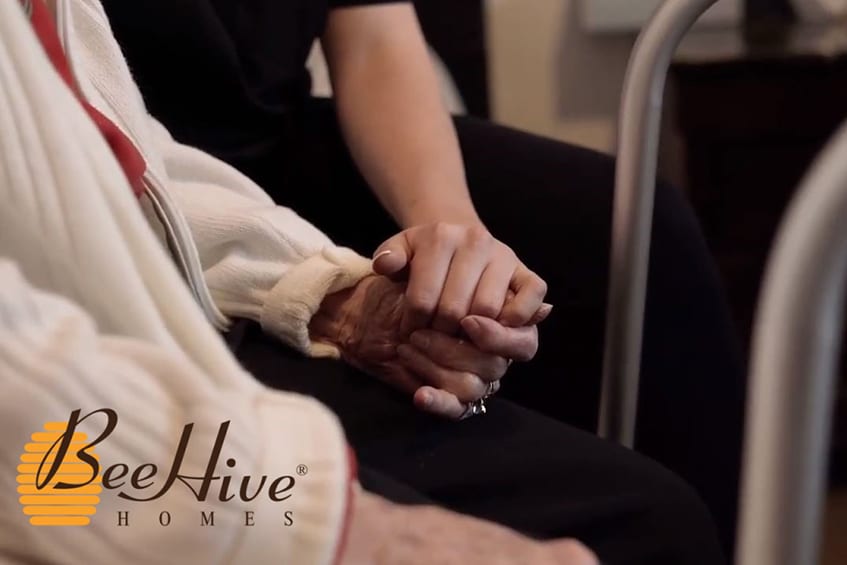Urinary tract infections (UTIs) can be painful. But why do they occur more often in the elderly and cause confusion in some seniors?
Why Older Adults?
Older adults can be more susceptible to UTIs. As we age, the muscles in the pelvic floor and bladder can weaken, leading to urinary incontinence or retention of urine. When urine stays in the urinary tract, bacteria can potentially multiple. Other factors such as the use of catheters to empty the bladder, or having diabetes or kidney issues, can also contribute to UTIs. While women are more prone to UTIs, men can also develop an infection. Those who have dementia also seem to be at a higher risk.
Symptoms of UTIs
In the elderly, a UTI often presents as a change in the person’s level of confusion. If that seems unusual, consider that any infection places stress on the body. In a senior adult, that stress may present as confusion. Falls, increased agitation, or sudden incontinence can also be indications of a UTI. In a younger person, a UTI usually causes painful burning when urinating. That may not be present in the elderly person.

Family members caring for a senior should know the signs of a possible UTI. That might include a burning sensation while urinating, lower abdominal pain, feeling as if the bladder is not empty, possible fever, chills or not feeling well. Sudden confusion may occur, even if the other symptoms are not present.
Preventing UTIs
To help prevent a UTI in the elderly:
- Encourage the senior to drink 8 glasses of water per day
- Add cranberry juice to his or her diet. This makes bacteria less likely to stick in the urethra.
- Limit caffeine; avoid alcohol
- Check adult diapers every 2 hours and change if needed
- Careful cleaning of the area, wiping front to back. As dexterity changes in a frail senior, this may become harder for them to do, and assistance may be needed.
Diagnosing a UTI in a senior includes a urinalysis. If you suspect a UTI, contact the senior’s physician. If a urinalysis is ordered, you can usually call the lab and arrange to pick up a specimen cup to collect the urine sample at home. Then return it to the lab.
At BeeHive Homes, our assisted living caregivers are very attentive to changes in our residents. Our small group homes allow frequent contact with each person, so we’re cognizant of small changes in behavior or mood. We check our residents’ adult briefs frequently, ensuring their comfort and health.
Having a family member who can no longer care for themselves is a difficult transition for the senior and for their family. We’re here to help, with assisted living homes in many Texas communities.


3 comments